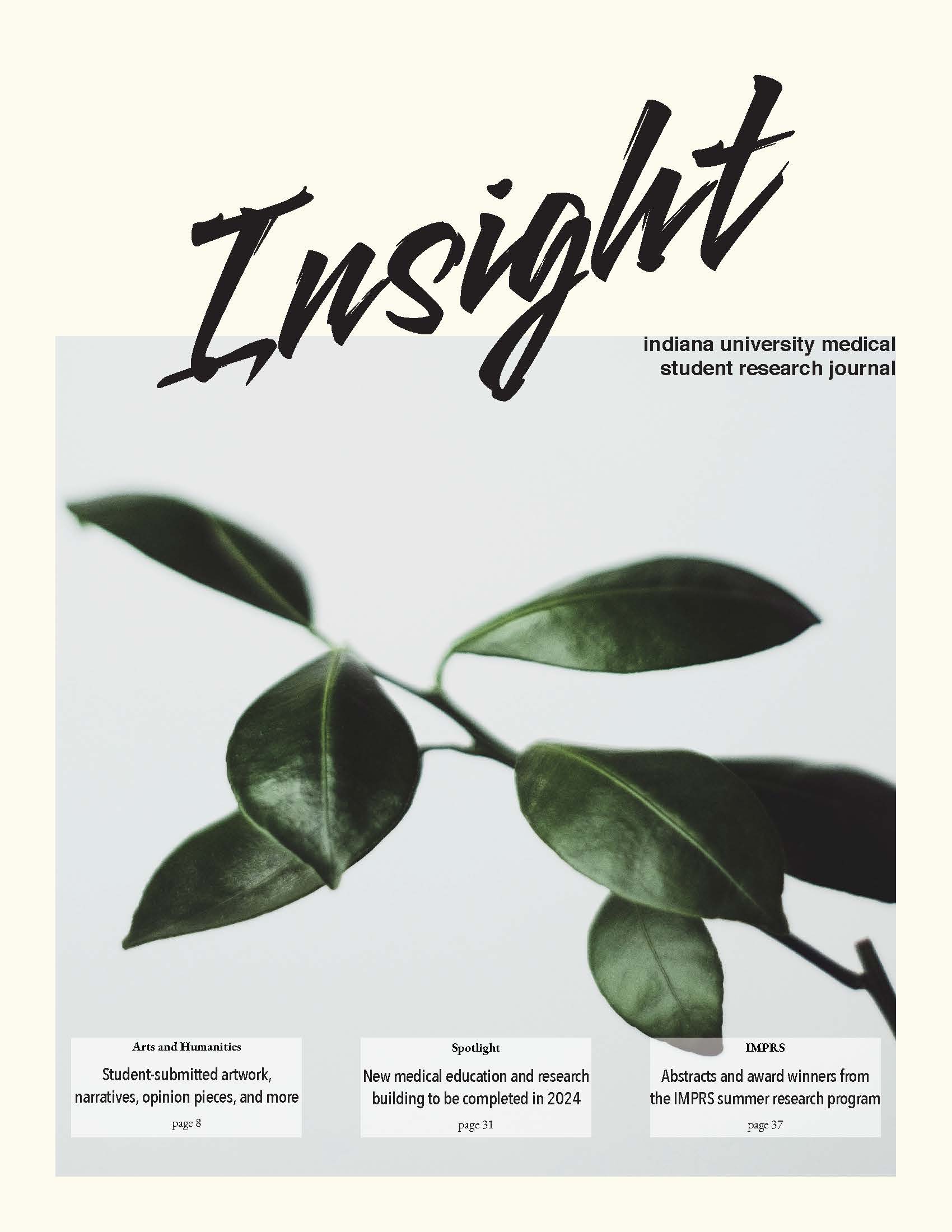Evaluating the Effects of Targeted Drug Therapies for 8q24.3 Amplified Breast Cancer
Abstract
Background/Objective: Cancer studies have helped us understand recurrent chromosome abnormalities leading to tumor progression. One such recurrent genomic aberration found in breast cancer is chromosome 8q24.3 (Chr. 8q24.3) amplification. We identified Tonsoku Like, DNA Repair Protein (TONSL) located within this amplicon as an immortalizing oncogene, with TONSL-overexpressing cells exhibiting distinctively upregulated homologous recombination (HR). Further experiments have shown that cancer cells with TONSL amplification are sensitive to the FACT inhibitor CBL0137, which is in early phase of clinical development. Based on known functions of TONSL in promoting dsDNA repair, we hypothesized that drug combinations targeting multiple pathways of DNA repair would synergize to kill chromosome 8q24.3 amplified breast cancer cell lines.
Methods: Chr.8q24.3-amplified breast adenocarcinoma cell line TMD436 was utilized in this study. Cells were treated with various drugs targeting DNA repair pathways such as ATR inhibitor (VE-822), PARP inhibitor (Talazoparib), and PI3K inhibitor (BYL719). Cell proliferation rates were measured using bromodeoxyuridine incorporation ELISA.
Results: Thus far, the use of PI3Ki and PARPi combination has had an additive effect - the combined effect of the two drugs is equal to the sum of the effect of each agent given alone. The effect of ATRi and PARPi combination was antagonistic.
Conclusion/Potential Impact: This study establishes the potential feasibility of using DNA repair signaling inhibitors in the treatment of TONSL-overexpressing breast cancer. Future studies extending the range of drug concentrations and newer combinations may ultimately lead to translation of these drugs to in vivo models and clinical trials. By targeting multiple DNA repair pathways, similar approaches may sensitize patients to lower doses of chemotherapeutics, thus decreasing unwanted side effects. Moreover, negative data concerning the ATRi/PARPi combination helps to further refine which drugs may be used to treat Chr. 8q24.3 amplified tumors and to understand signaling pathways active in TONSL-overexpressing breast cancer.
Downloads
Published
Issue
Section
License
Copyright to works published in Insight is retained by the author(s).

